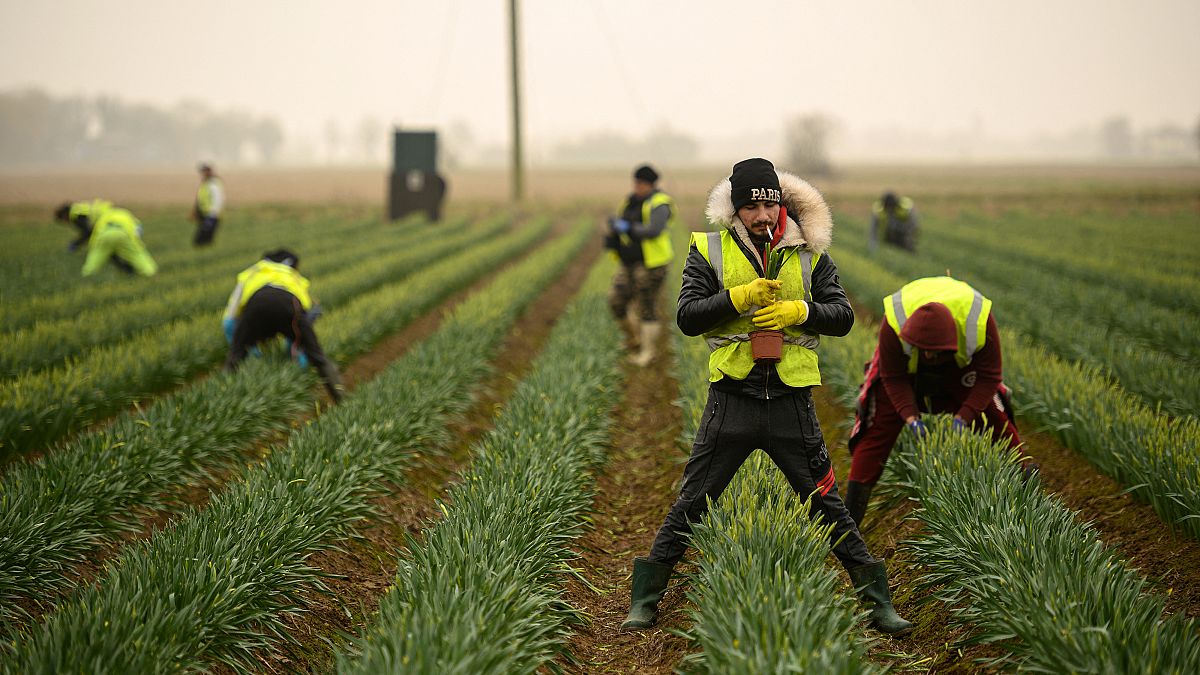Simon Wolfson, head of the Next retail chain who backed the UK's exit from the EU, says what has resulted is "not the Brexit I wanted".
A leading British businessman who backed the UK's departure from the EU has called on the government to make it easier to allow foreign workers into the country to combat labour shortages.
"In respect of immigration, it's definitely not the Brexit that I wanted," said Lord Simon Wolfson, head of the Next retail chain.
Migration needs to be controlled in such a way that it benefits rather than cripples the economy, he told the BBC.
“We have got people queuing up to come to this country to pick crops that are rotting in fields, to work in warehouses that otherwise wouldn’t be operable, and we’re not letting them in. And we have to take a different approach to economically-productive migration," Lord Wolfson said.
Since new Brexit rules took effect at the start of 2021, EU nationals no longer have the freedom of movement to live and work in the UK. Instead, a new points-based immigration system has been implemented to attract skilled workers.
Latest official figures show that UK unemployment is at its lowest rate since 1974, while job vacancies remain at historically high levels.
"There are lots and lots of vacancies, too many vacancies, it's one of the things that's causing so much inflation," Lord Wolfson added.
As Euronews has highlighted, Brexit has contributed to chronic labour shortages in Britain across a range of sectors, including hospitality, farming and transport.
A study published in August by the Migration Observatory at the University of Oxford said evidence suggested that UK immigration policy was one of the multiple factors contributing to labour shortages.
It noted that the number of visas issued to people from EU member states in 2021 for work and other reasons (43,000) had plummeted to a fraction of the 230,000-430,000 who came annually in the six years leading up to the coronavirus pandemic before new Brexit restrictions took effect.
The report recommended expanding visa eligibility for low-wage jobs to address gaps in the UK's labour market.
In his interview, Lord Wolfson also called for the labour market to be opened up internationally, but for a tax to be imposed on firms employing foreign workers to encourage them to recruit from the domestic workforce as a priority.
"We're all stuck in this Brexit argument, and we have to remember that what post-Brexit Britain looks like is not the preserve of those people who voted Brexit, it's for all of us to decide," he said. "When you look at the majority of people in Britain, I think they have a very pragmatic to immigration. Yes control it where it's damaging to society, but let people in who can contribute."
The British government says it has delivered on its Brexit promise to "take back control" of UK borders, and foreign workers can still enter via the skilled visa route or the seasonal agriculture scheme.
